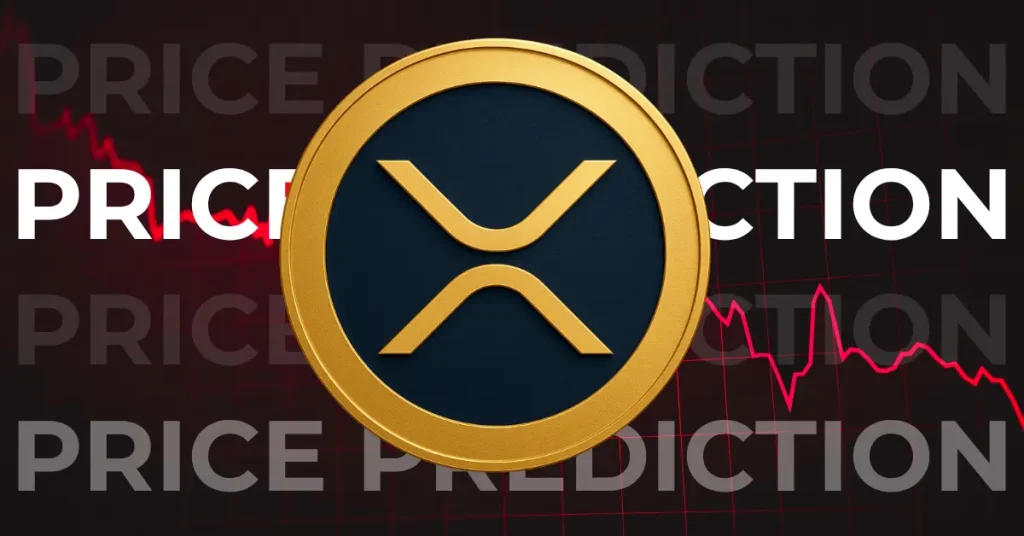Community governance is a concept that hearkens back to the early days of cryptocurrency, when intrepid cypherpunks pooled resources, shared ideas, and tinkered with one another’s proposals. With everyone pulling in the same direction, but each bringing his own talents and theories to the table, the idea was that those most committed to a project were the ones best placed to influence its evolution. This principle eventually gave rise to decentralised autonomous organisations – or DAOs for short. Made up of developers, engineers, coders and regular community members, these open-source organisations were intended to automate decisions without the need for a traditional management structure or board of directions. Since Ethereum founder Vitalik Buterin touted DAOs as the holy grail of organisation types in a 2013 article, there have been dozens of DAOs deployed on the blockchain, and though each had a decision-making mechanism at its core, the overall projects were highly varied. Alas, many DAOs have been hamstrung by low voter turnout while some have suffered reputational damage due to well-publicised hacks. Reimagining the DAO Model Now, a brand-new kind of DAO is being developed by the Bribe defi protocol. In a nutshell, Bribe is a DAO tooling platform that coordinates voters into formidable coalitions and allows ‘bidders’ to borrow a larger share of a voting pool to influence proposals they feel strongly about. In exchange f...
 Will XRP Price Hit $5 in 2025?
Will XRP Price Hit $5 in 2025? 13 Reasons Why Polkadot Is Dead
13 Reasons Why Polkadot Is Dead
